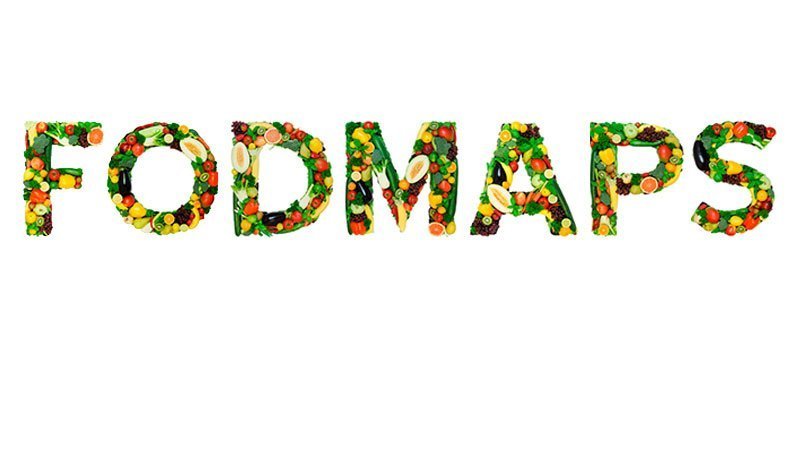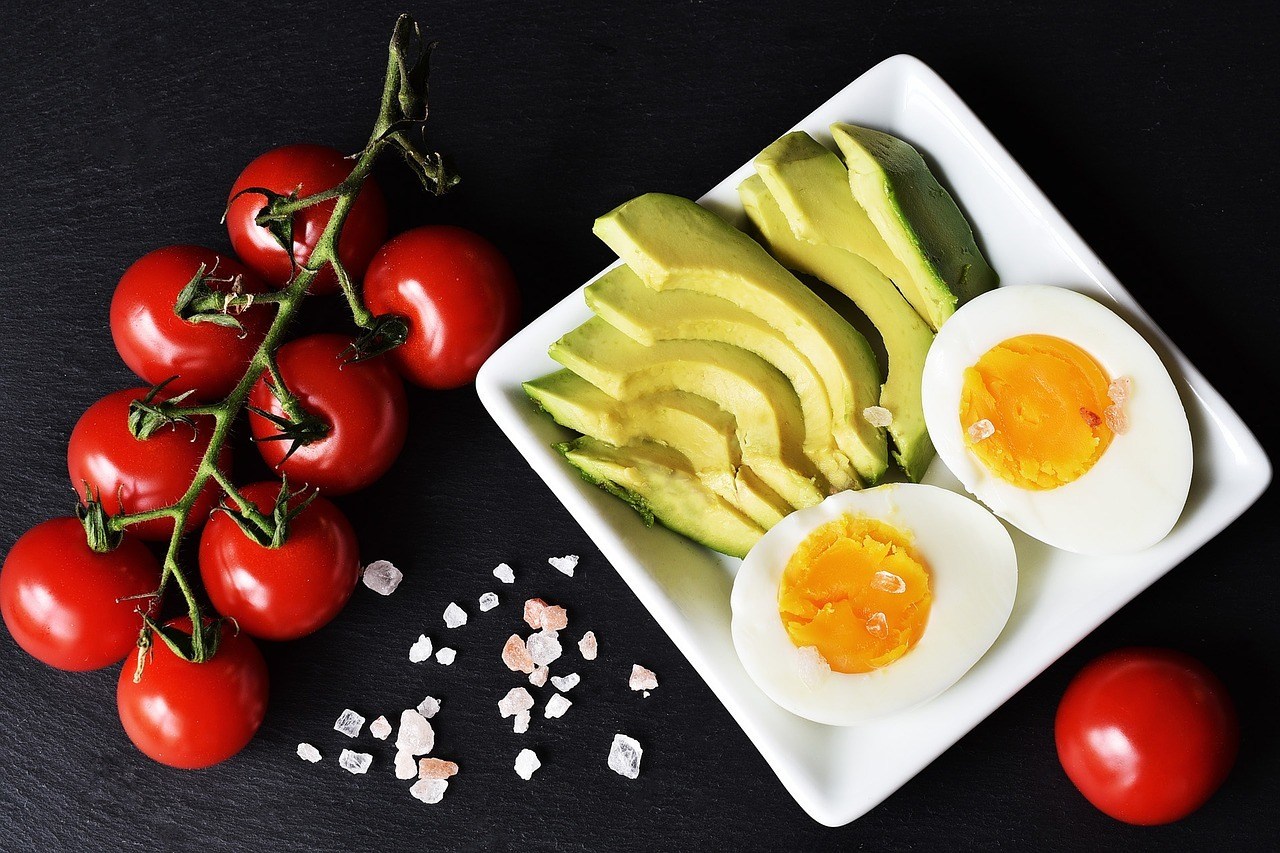Ahhh the FODMAP diet. Where to begin? Let’s start with what it stands for.
Fermentable.
Oligosaccharides.
Disaccharides.
Monosaccharides.
And.
Polyols.
Say that ten times and there’s your party trick sorted, really!
Now let’s get into the interesting stuff all about what the FODMAP diet is. I’m not going to completely detail what foods you can and can’t eat, because it is a long process to figure out what foods to eat and what foods give a reaction. Plus, everyone is different and its best to talk in person, with a pro (so give us a call!).
So, FODMAPs were discovered by Sue Shepard, at Monash University, and have led the way in research on Irritable Bowel Syndrome (IBS) and how FODMAP foods can play a role in its symptoms. As said above, FODMAP is an acronym, covering a large group of dietary sugars found in foods that potentially may not be absorbed well in the body. This can give us symptoms of IBS, like gas, bloating or constipation (everyone’s favourite topic!).
Certain foods that we may eat cause the bowel to draw in more fluid, which creates gas and the uncomfortable symptoms mentioned above. The main foods that cause this are the FODMAPs – they’re ‘fast food’ for bacteria in our gut. They’re broken down quickly if they aren’t absorbed in time and create gases in our bowels. As said earlier, FODMAPs are sugars found in common foods, such as dairy, fruits, grains and vegetables. For example, lactose is a disaccharide sugar and fructose is a monosaccharide sugar.
The FODMAP diet process can be long, and should always be first discussed with a professional – it’s not something you should self-diagnose. Through minimising the high FODMAP foods in our diet can clear IBS symptoms up in a few weeks. The idea is that it’s a diet that is practiced in two steps. First, you need to exclude foods that fall into the FODMAP category – as these might be affecting your gut. Second, is reintroduction time. Slowly foods are filtered back into your daily diet to fine tune which food/s are giving you grief.
It is not a long-term solution, and should only be used to figure out what foods provide a reaction in your body. But doesn’t all this food restriction mean I’ll be missing important nutrients? Not really, as your Dietitian is able to help you replace restricted foods that will mean your nutrients are all taken care of.
Remember, repeating Fermentable, Oligosaccharides, Disaccharides, Monosaccharides and Polyols can be your new party trick, so get practising!







